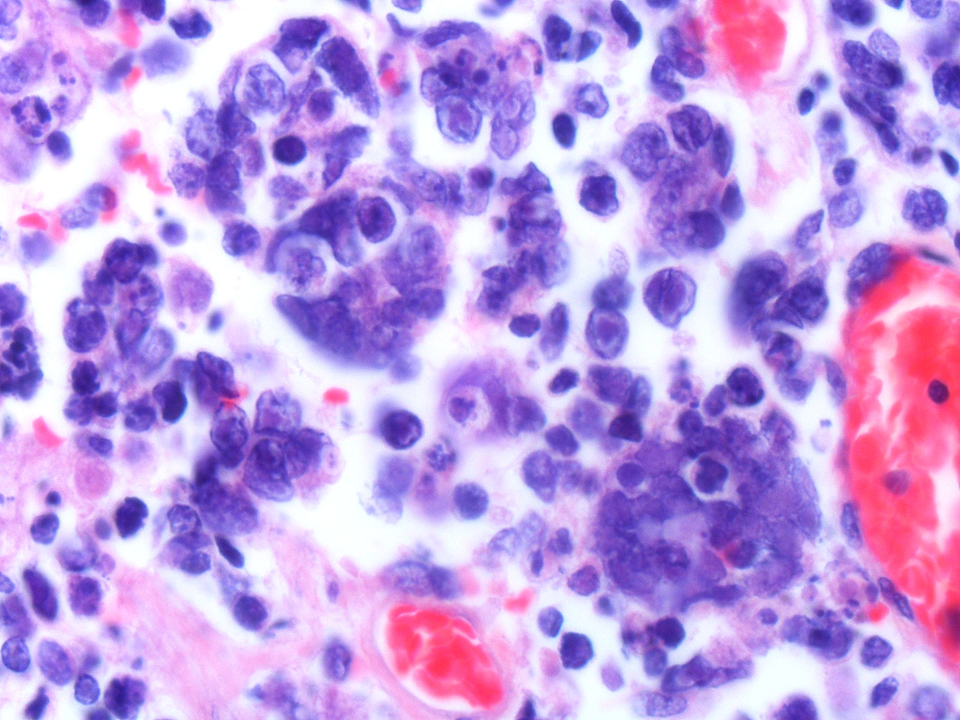Viral infections — what to watch for and what to do
Viral infections are everywhere: colds, flu, shingles, and herpes are all driven by viruses, not bacteria. That matters because the right steps differ. This page collects clear, no-nonsense advice so you can spot problems early, ease symptoms at home, and know when to get medical help.
Quick signs and when to act
Common warning signs include sudden fever, body aches, sore throat, cough, runny nose, fatigue, blisters (for herpes or shingles), or unexplained rash. If you have high fever, trouble breathing, severe pain, confusion, or symptoms that worsen after a few days, get medical attention. For people with weakened immune systems, pregnant people, infants, and older adults, call your clinician earlier — viral illnesses can escalate faster.
Remember: antibiotics won’t help viruses. Using antibiotics for viral infections only causes side effects and promotes resistance. Antiviral drugs exist for some viruses — for example, aciclovir is a standard treatment for herpes and shingles, and oseltamivir can shorten flu if started early — but they’re virus-specific and often work best when started within 48–72 hours of symptoms.
Practical prevention and treatment tips
Start with basics: wash hands, avoid close contact when sick, cover coughs, and keep high-touch surfaces clean. Vaccines are your best prevention for many viral threats — flu shots every year, and other vaccines (like shingles or COVID-19 boosters) when recommended.
At home, treat symptoms: rest, stay hydrated, use paracetamol or ibuprofen for fever and pain, throat lozenges for sore throat, and saline rinses for nasal congestion. For cold sores or shingles, ask your doctor about starting an antiviral like aciclovir early — it can reduce pain and speed healing.
Supplements such as zinc and vitamin D may help reduce duration or severity for some people, but they’re not cures. If you try supplements, follow recommended doses and tell your clinician, especially if you take other medicines.
If you need antiviral medication, you’ll usually need a prescription. Buy from licensed pharmacies only. Our site has guides on safe online pharmacy use and reviews to help you avoid fake suppliers. Check for pharmacy accreditation, clear contact info, and a valid prescription requirement before ordering.
Last practical tip: keep a small medicine list with your conditions and current meds. That makes it easier to get the right treatment quickly and avoid risky drug interactions. If in doubt, call a nurse line or your doctor — quick advice early can prevent complications.
Explore the articles tagged “viral infections” on ClearSkyPharmacy.Biz for deeper reads on aciclovir, shingles, flu care, and safe online pharmacies. Each post gives straight answers you can use today.
The Connection Between Carcinoma and Viral Infections
As a blogger, I've recently been researching the connection between carcinoma and viral infections. It's quite fascinating to learn that certain viruses can actually increase the risk of developing various types of cancer. Researchers have identified some common viral infections, such as Human papillomavirus (HPV) and Hepatitis B and C, which are linked to an increased risk of carcinoma. This discovery highlights the importance of vaccinations and early detection of viral infections to prevent potential cancer development. We must continue to raise awareness about this connection and encourage people to take preventive measures for their health.
© 2026. All rights reserved.

